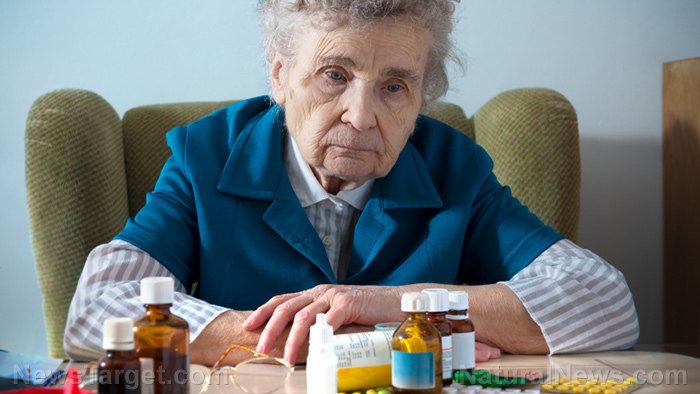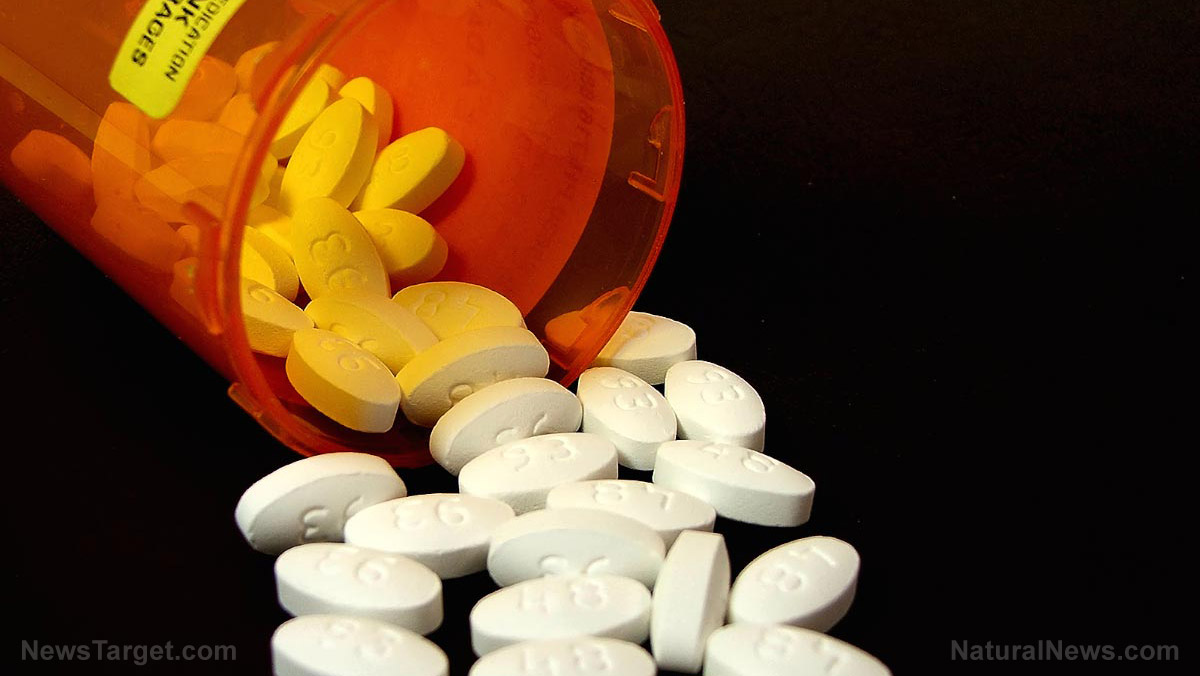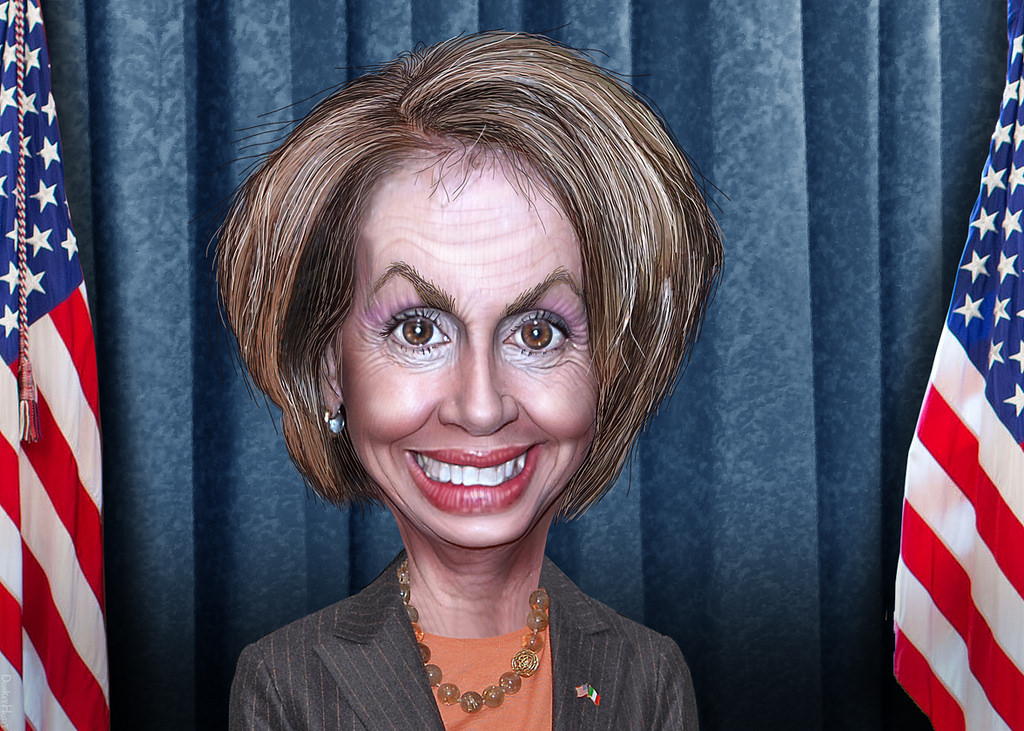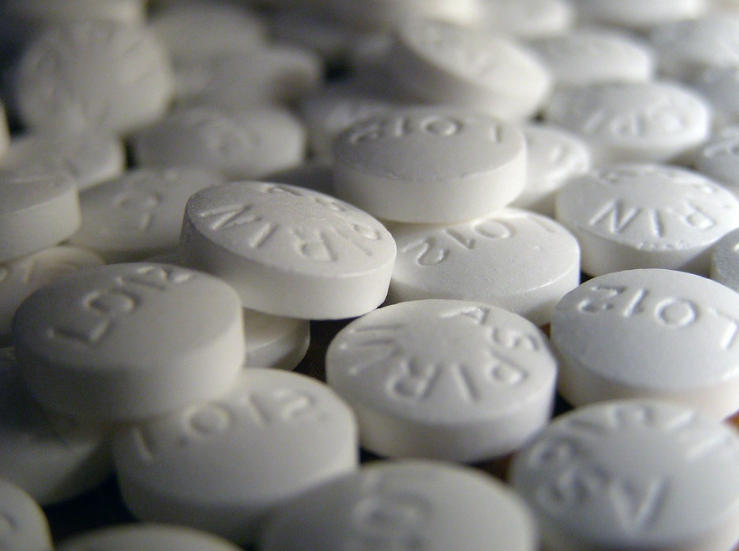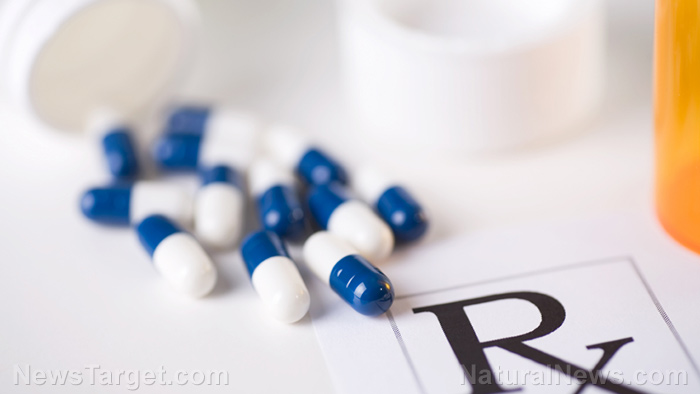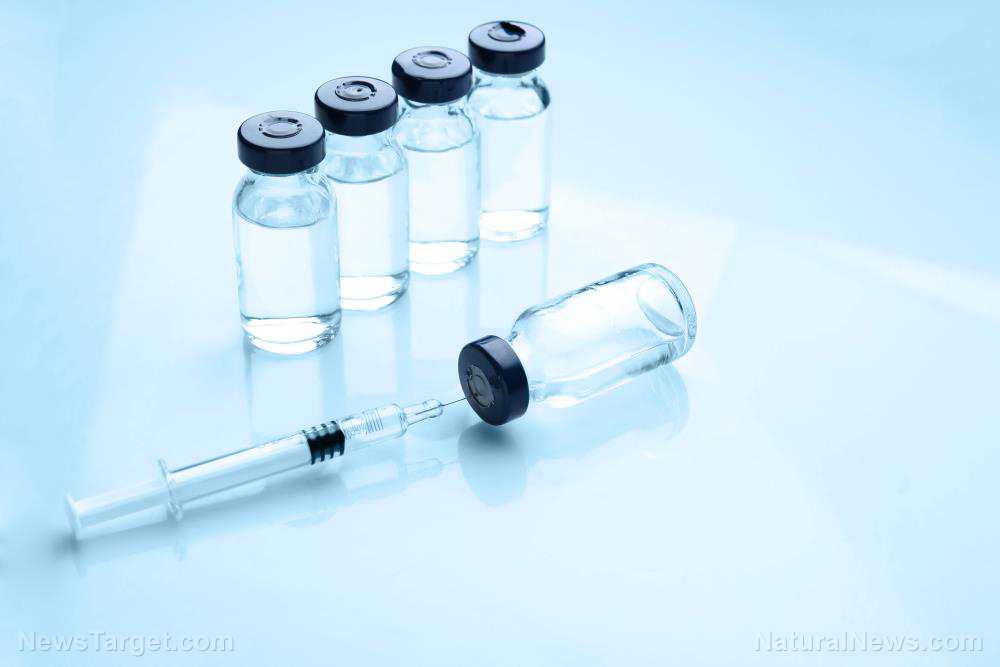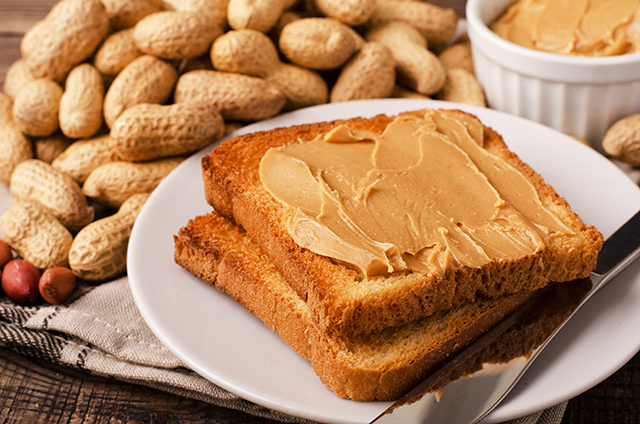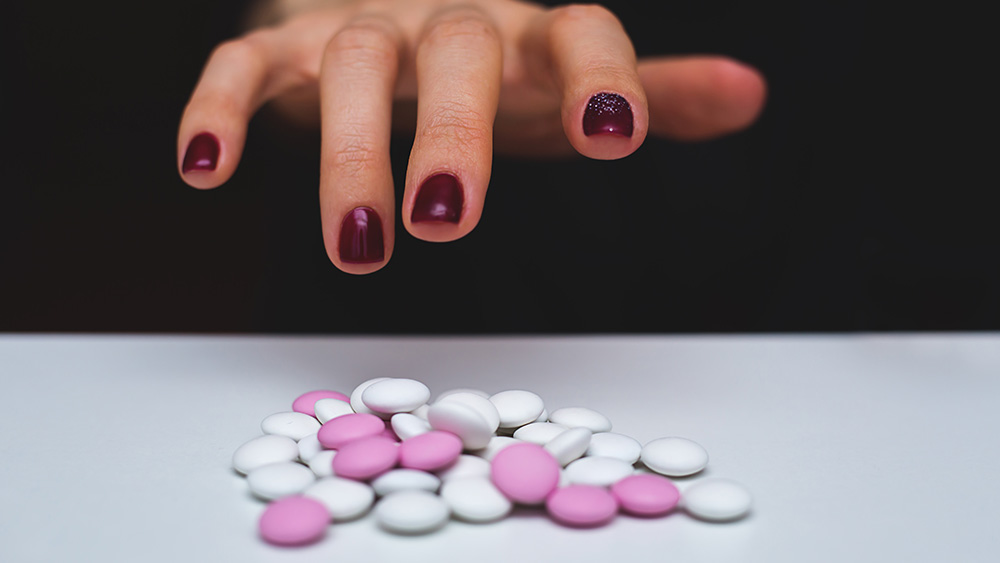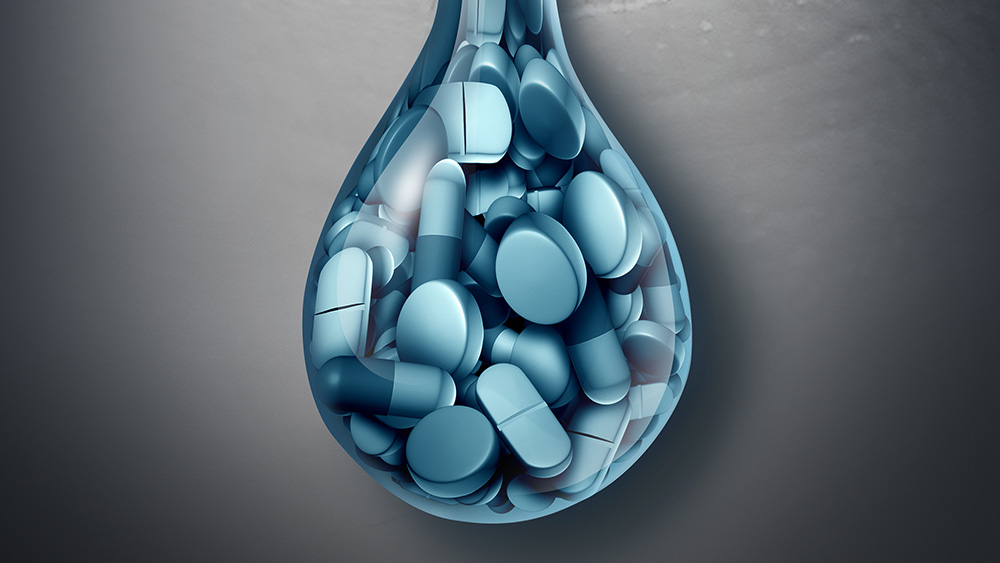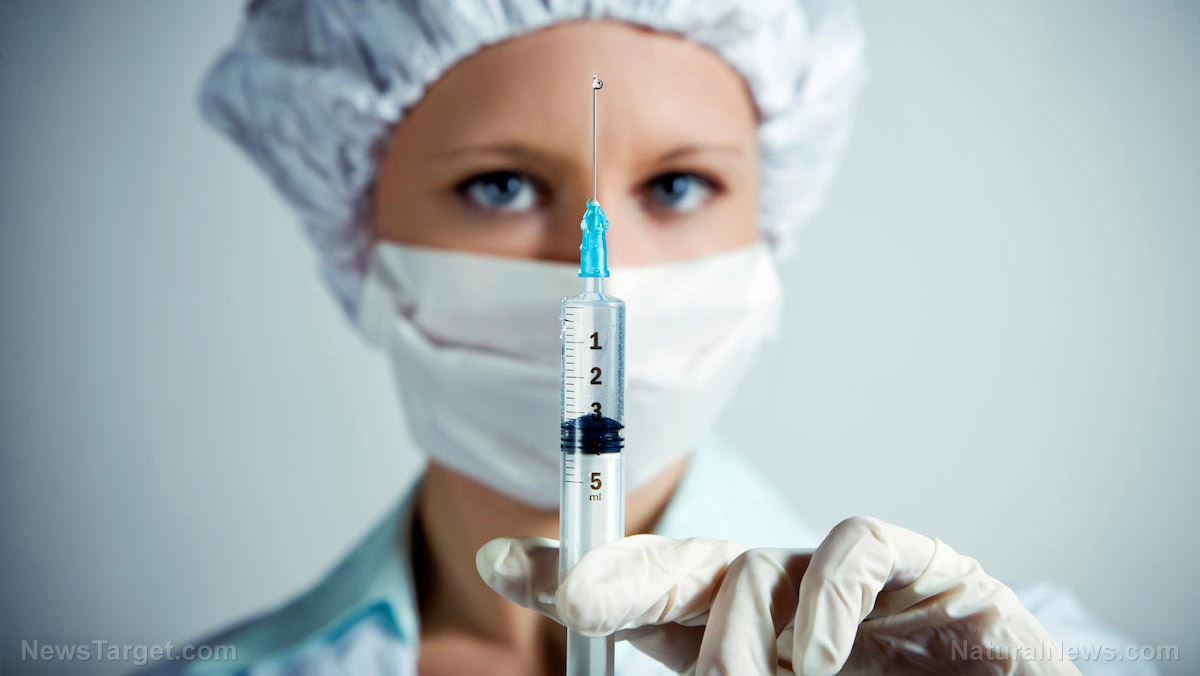Processed food and toxic medications the key causes of high blood pressure
07/08/2018 / By Vicki Batts

High blood pressure is an increasingly common problem, but are Big Pharma’s drugs part of the problem? Statistics show that in the U.S., the condition (also known as hypertension) affects about 75 million people –which means roughly one out of every three adults has high blood pressure. Estimates suggest another one-in-three have “pre-hypertension” which means their blood pressure is higher than normal, but not quite into hypertension range.
While there are many factors that can contribute to the onset of hypertension, new research has shown that there are some unexpected sources of the disease — insulin, for example. It turns out that food and drugs which increase insulin levels may also be spiking your blood pressure.
Study links elevated insulin to hypertension
Recent research from scientists at Bar Ilan University in Israel has shown that there is a connection between insulin levels and high blood pressure; as it turns out, insulin plays a substantial role in spiking blood pressure levels. The study, recently published by the Journal Of Hypertension, honed in on 200 genes related to hypertension. The team found that insulin was particularly noteworthy. In their conclusion, the scientists wrote, “Our analysis suggests that insulin plays a primary role in hypertension, highlighting the tight link between essential hypertension and diseases associated with the metabolic syndrome.”
This makes sense when you consider the fact that diabetes is a recognized risk factor for high blood pressure; the two often go hand-in-hand. While eating high-salt, low-potassium diet has long been regarded as a factor, this new study from Israel shows eating a sugar-laden diet won’t be much better: Consuming foods that spike insulin levels can elevate your blood pressure, too.
The notion that poor diets of any kind can contribute to high blood pressure isn’t too surprising, but what about pharmaceuticals?
Are Big Pharma’s drugs causing more disease?
Indeed, it’s not just food that poses a threat: Many of the pharmaceutical industry’s products could be playing a role in the hypertension epidemic. This potential is most notable in several types of drugs used to treat diabetes.
As Diabetes.co.uk explains, diabetics who take insulin regularly may have “higher than normal insulin levels, which could lead to high blood pressure.”
Further, there are several types diabetes drugs used specifically to spike insulin production, including sulfonylureas and glinides, among others. These are made to stoke insulin production, and in patients with type 2 diabetes, this can again lead to unusually high levels of insulin — and consequently, increase the risk of high blood pressure.
A number of other drugs can cause problems for diabetics: Medications that raise blood glucose, like corticosteriods or beta-blockers, may increase blood sugar levels — and ultimately, the need for insulin. In turn, this may cause blood pressure to soar even higher. And so, the more-symptoms-more-drugs circle begins. The criminal pharmaceutical industry seems to be trying to get as many people diagnosed with hypertension as possible.
Once again, this study underscores the importance of dietary modification as both preventive care and treatment. Managing blood glucose levels through diet can help reduce the need to rely on potentially damaging medications — and following a healthy diet can help reduce the risk of developing other health conditions like hypertension.
Mike Adams, founder of Natural News author of Food Forensics, has long declared that type 2 diabetes can be reversed with lifestyle changes and dietary modificiation — and recent research has confirmed this assertion. Studies have shown that diets rich in antioxidants offer protection against both diabetes and high blood pressure.
While there are many causes of high blood pressure, the links to diet and medication can’t be ignored. Learn more at Medicine.news.
Sources for this article include:
Tagged Under: Big Pharma, diet, drugs, healthy habits, heart health, high blood pressure, hypertension, insulin, lifestyle, nutrition, pharmaceuticals, toxic drugs



